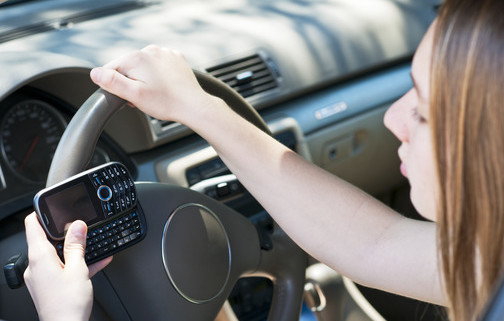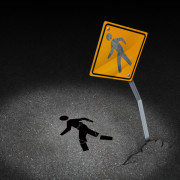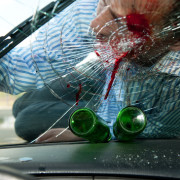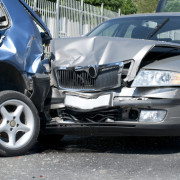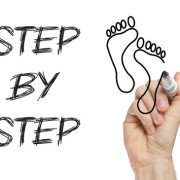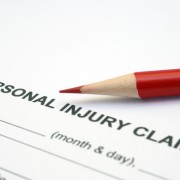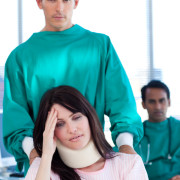What You Should Know about Texting and Driving in Nevada
At any given moment, more than 800,000 Americans are using their cellphones while driving. No Phone Zone Nevada illustrates the harrowing results of these distractions with horrifying statistics. More than 6,000 people died in 2008 because of motorists talking or texting on their cellphones, and more than half a million sustained serious injuries.
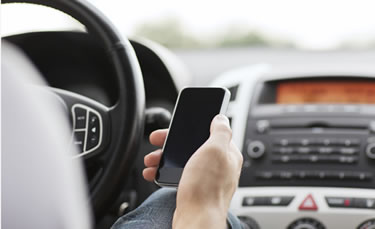
Driving requires your full attention, and using a cellphone reduces road concentration by a staggering 37 percent. If you have been a victim of distracted driving, you may be entitled to compensation for lost wages and medical bills. A qualified personal-injury lawyer in Las Vegas may be able to help.
At Eric H. Woods Law Offices, we always put our clients first. Call us today at 702-737-0000 to speak with an experienced personal-injury attorney, and read on for everything you should know about texting and driving in the state of Nevada.
It’s Illegal to Text or Talk While Operating a Vehicle
On Jan. 1, 2012, motorists became liable to pay a maximum fine of $250 if caught using a handheld device to read, talk or type while driving. Statistics prove that drivers are four times more likely to be involved in a serious accident when talking on their phones. Authorities take texting while driving seriously because focusing on a cellphone delays reaction time in the same manner that driving while intoxicated does.
Severe Penalties for Using a Cellphone Behind the Wheel
The Nevada Department of Motor Vehicles clearly states that police will penalize drivers if they catch them talking on a cellphone. A first offense carries a $50 fine, and a second offense will cost drivers $100. A third violation or any subsequent offense will result in a $250 fine.
If the offense happens within a roadwork area, the court may double the fine and even tack on additional administrative fees. First offenses are not moving violations, but drivers will earn four demerit points for a second, third or any subsequent offense. Drivers are allowed to use hands-free headsets and touch the mobile device to deactivate, activate or initiate a function.
There are other exceptions to these cellphone laws, including reporting safety hazards, criminal activities or medical emergencies; using voice-operated navigation systems or autonomous vehicles; and using licensed two-way or citizen band radios with separate handheld microphones. Firefighters, emergency response teams and law enforcement officials can also use devices while on duty when necessary as can utility workers using company devices to respond to emergencies or system outages.
Drivers Should Limit Their Distractions
All mobile devices should remain secured in an inaccessible place like the glove box to reduce temptation while driving. Any important phone calls should be made before starting the car or upon arrival at your destination. If you have to take a call, pull over into a safe area or parking lot.
You can install an app to block calling and messaging services while the car is in motion. If you know that someone is driving, do not call him or her. If you are driving, stay focused on the road, and do not apply makeup, eat, search for items in the car or engage in any distracting activities.
Drivers can purchase navigation systems to help with directions or ask their passengers to assist them when using a map. A savvy driver is not a danger on the road, but accidents remain a frequent occurrence. If you need a personal-injury attorney in Nevada, call Eric H. Woods Law Offices today at 702-737-0000.

